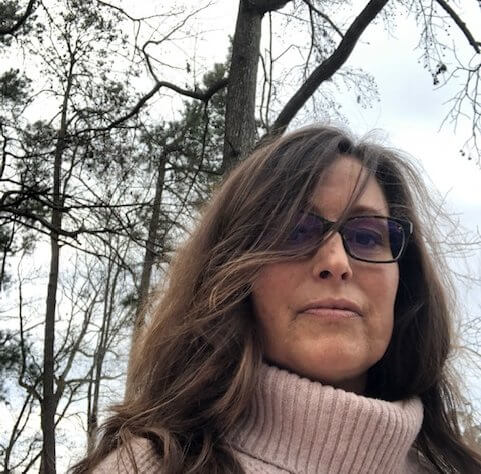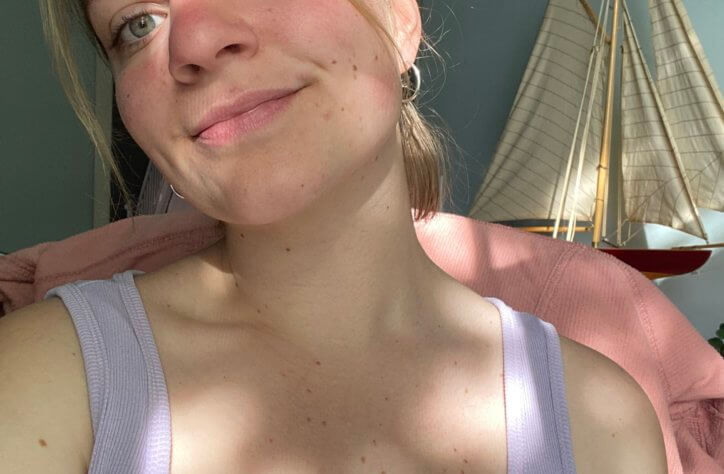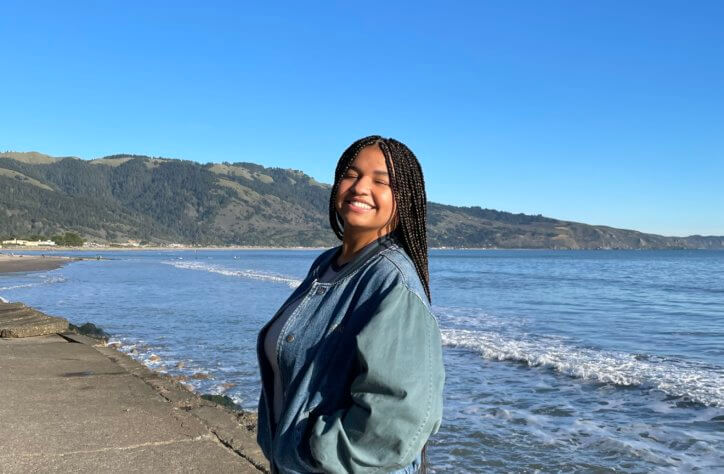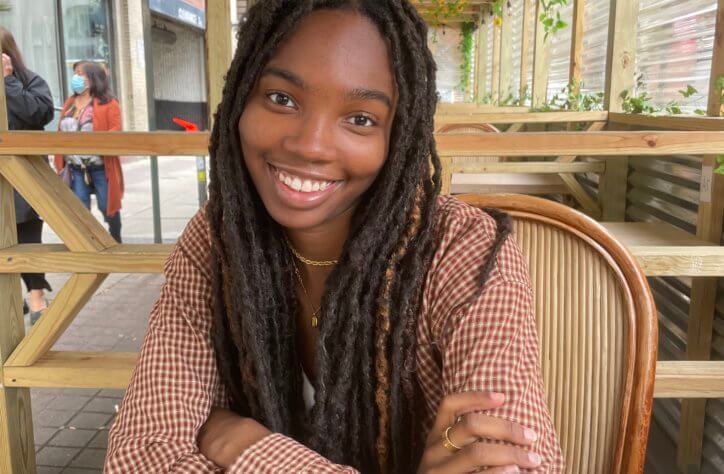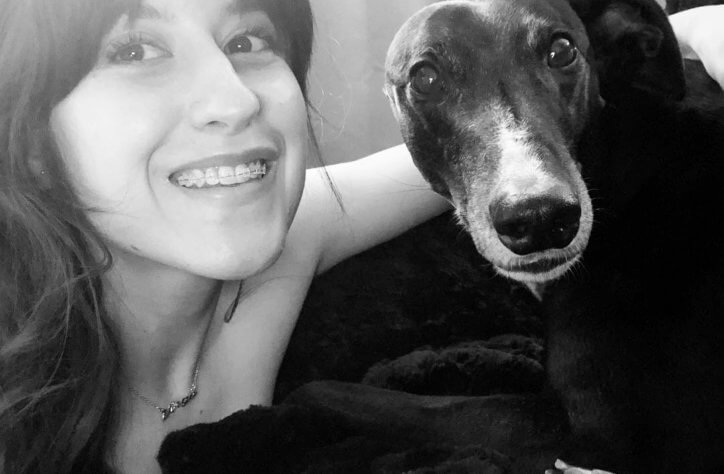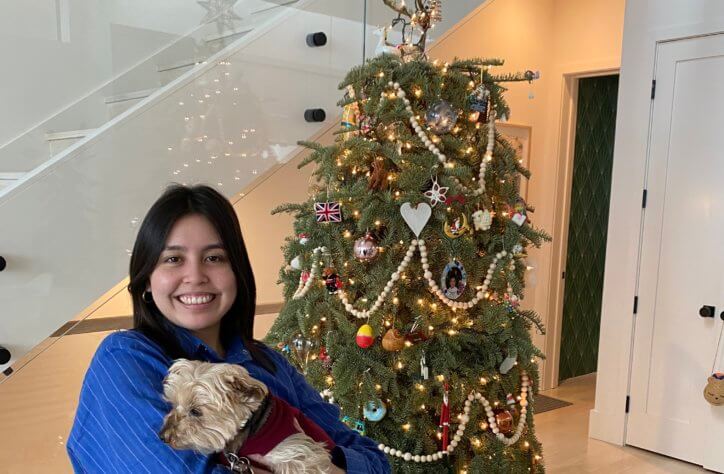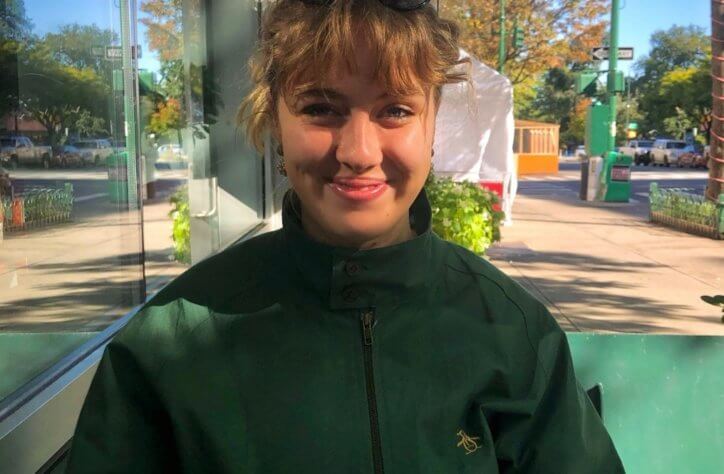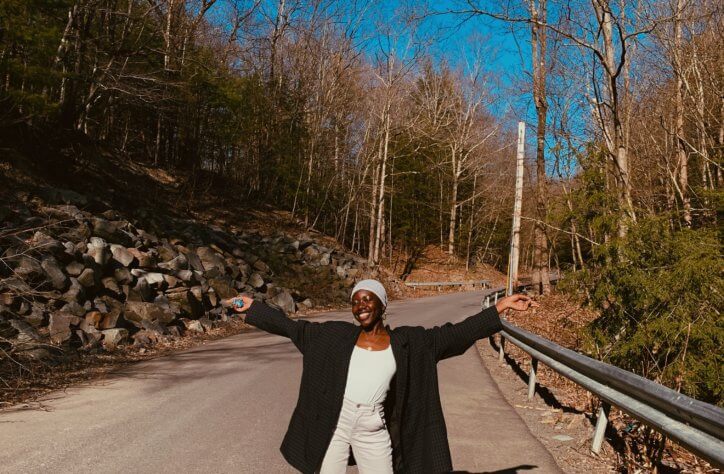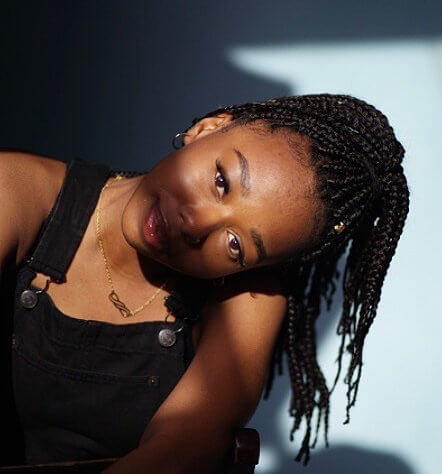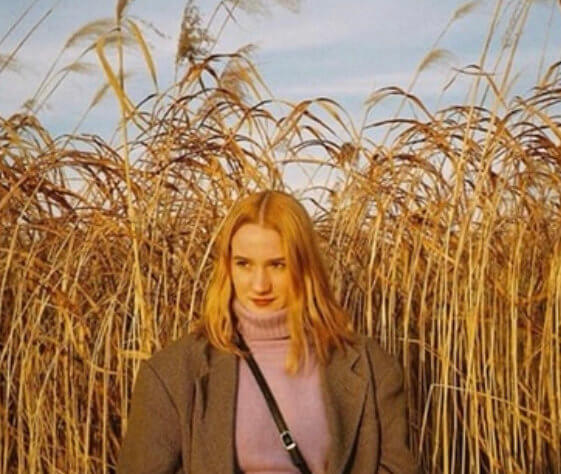Have you ever noticed when TV shows and movies depict war or an apocalypse there is always a radio moment. A scene in which either the broadcaster is providing communication between soldiers and their families or letting the world know there is life out there. As dramatic as it sounds, the first few radio shows I recorded in my living room facing the wall in my dressing gown felt as important. I had this overwhelming feeling of responsibility to provide a service and capture the tone of the nation. I had that same feeling when I did my radio show in the aftermath of the murder of George Floyd, as hard as it was to create that show I felt I had a duty to deliver a programme that was unapologetic and spoke to the anger people were feeling, whilst being able to provide hope and encourage the protests through the power of music.
When I set my heart on becoming a music broadcaster at the age of 16 I could never have predicted I would be on air during such turbulent times. Looking back on my career, I had always approached it in quite a selfish way. I wanted the music I loved to be heard on a national platform and I guess in that mind frame the needs of the listener always came last. I remember when I first started doing a daily drivetime show on community station Reprezent Radio, my Aunt would always listen in, and sometimes I would drive over to hers after I’d finished broadcasting. One day she said to me, “you don’t realise it, but what you do on radio is an act of love to others. Every day you get on radio and give a part of yourself to someone in need. Imagine how many lonely people are out there, who haven’t spoken to anyone all day. You provide that comfort and make them feel as if someone is speaking to them”. At the time it felt a little absurd to me, whilst I understood the sentiment, at the age of 19 my ambition outweighed my feelings about the needs of others, let alone people who I didn’t know. But over my years on air that conversation always comes back to me. I’ve brought it up on panels which pit streaming against radio and that sentiment has definitely rung true if you look at the growth in listening figures of radio during lockdown. Sometimes people just want to listen to other people to make them not feel so alone.
We have a running saying in radio when things go wrong or people get stressed, “we’re not saving lives” And that is true, I’m the first person to hold my hands up and say I get paid to press play, it’s not that deep. But the human connection I’ve felt broadcasting during these times I will never forget. I thank the listener who was vulnerable enough to share how much anxiety they’ve been suffering with and how the show has helped them, I thank the listener that let me know the songs I played on my George Floyd show helped them process how they were feeling, I thank the listener who took the time to listen back to every Selector Radio show I’ve done for the British council from October to date. To all the texts I received sitting in for Phil Taggart on Radio 1 who shared how Covid had affected them, from cancelled weddings through to alcoholism. I thank all the listeners who chose to listen to me during this time, because they gave me a reason to get up during lockdown and on my lowest day, when my mood was all over the place, they gave me a reason to focus. I was shown that being open, vulnerable and honest is a two-way street and it forced me to really share who I was without hiding behind the music. So, as the world slowly moves back to some sense of normal and we go back to our daily lives, whilst the music will always be a driving force for me, I won’t forget the importance of the listeners. Because without them how can radio exist?
